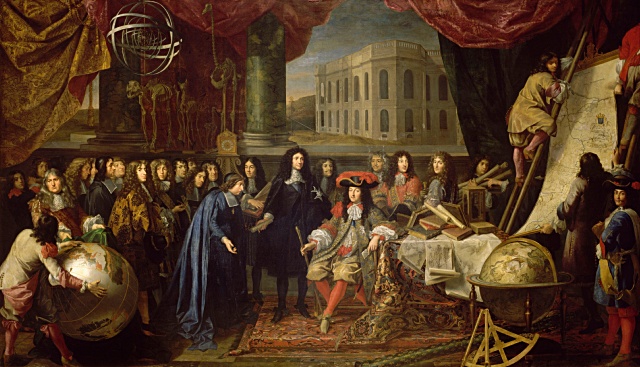Napoleon Bonaparte’s reign of world-shattering campaigns, iron-fisted subjugation of Europe, and the command of massive armies had come to an end. However, his most remarkable chapter was about to unfold.
It was on October 15, 1815, when Napoleon found himself on the minuscule island of St. Helena. This 6-by-10-mile rock, located 1,200 miles away from the nearest mainland, the African coast, offered vast stretches of mountainsides, green patches of vegetation, and desert expanses dotted with cacti.
Standing on a promontory, Napoleon watched as the ship that brought him to the island sailed off into the cerulean horizon, taking with it any hope of seeing Europe again.

A man driven by boundless ambition, battlefield genius, and unwavering energy, Napoleon had sought to establish an enlightened French empire that would spread the ideals of the Revolution. For a while, he had succeeded.
However, after his defeat at the Battle of Leipzig in 1813, Napoleon was banished to the island of Elba. Escaping from exile, he faced another exile, this time to the most forsaken and isolated place the British could find: Saint Helena in the South Atlantic Ocean.

Although Saint Helena offered a temperate and healthy climate, as well as some natural beauty, it placed severe restrictions on Napoleon. Despite this, he sought solace in designing elaborate gardens, writing memoirs, studying English, delving into classics, and engaging in card games. He maintained the appearance of an emperor by imposing strict dress codes on his guests.

Nevertheless, the confinement, solitude, and inactivity of the island weighed heavily on Napoleon’s relentlessly active mind. The man who had once commanded nations now presided over a small, dilapidated estate. Where his eyes had witnessed the vast, smoke-wreathed battlefields of Europe, they were now limited by rugged cliffs and barren hilltops, surrounded by endless miles of ocean. He felt trapped. While he could have explored more of the island, he stubbornly refused due to the requirement of being accompanied by a British officer at all times.

As his life gradually slipped away on the isolated outpost of St. Helena, Napoleon wrote in his will: “I die in the bosom of the Apostolic and Roman Church” and requested a Catholic burial.
A small wooden altar was set up in the room adjacent to Napoleon’s, and Mass was held there. Finally, on the stormy evening of May 5, while the tropical tempest raged against the island’s outcrops and Longwood’s walls, Napoleon’s followers performed the prayers for the dying before the humble altar. As they did so, Napoleon quietly passed away. His loyal entourage covered his body with a cloak he had worn in battle, placed his sword beside him, and laid a crucifix upon his chest.
Thus, the grand conqueror had been conquered.
Discover more from Tension News
Subscribe to get the latest posts sent to your email.

